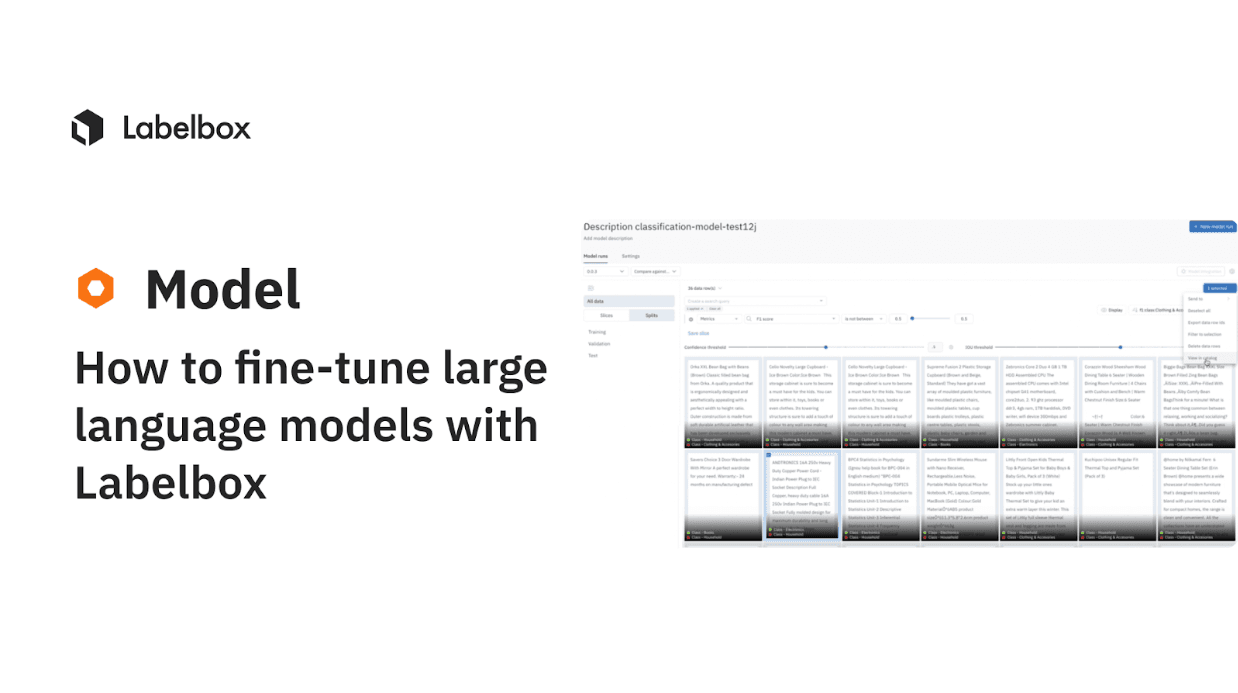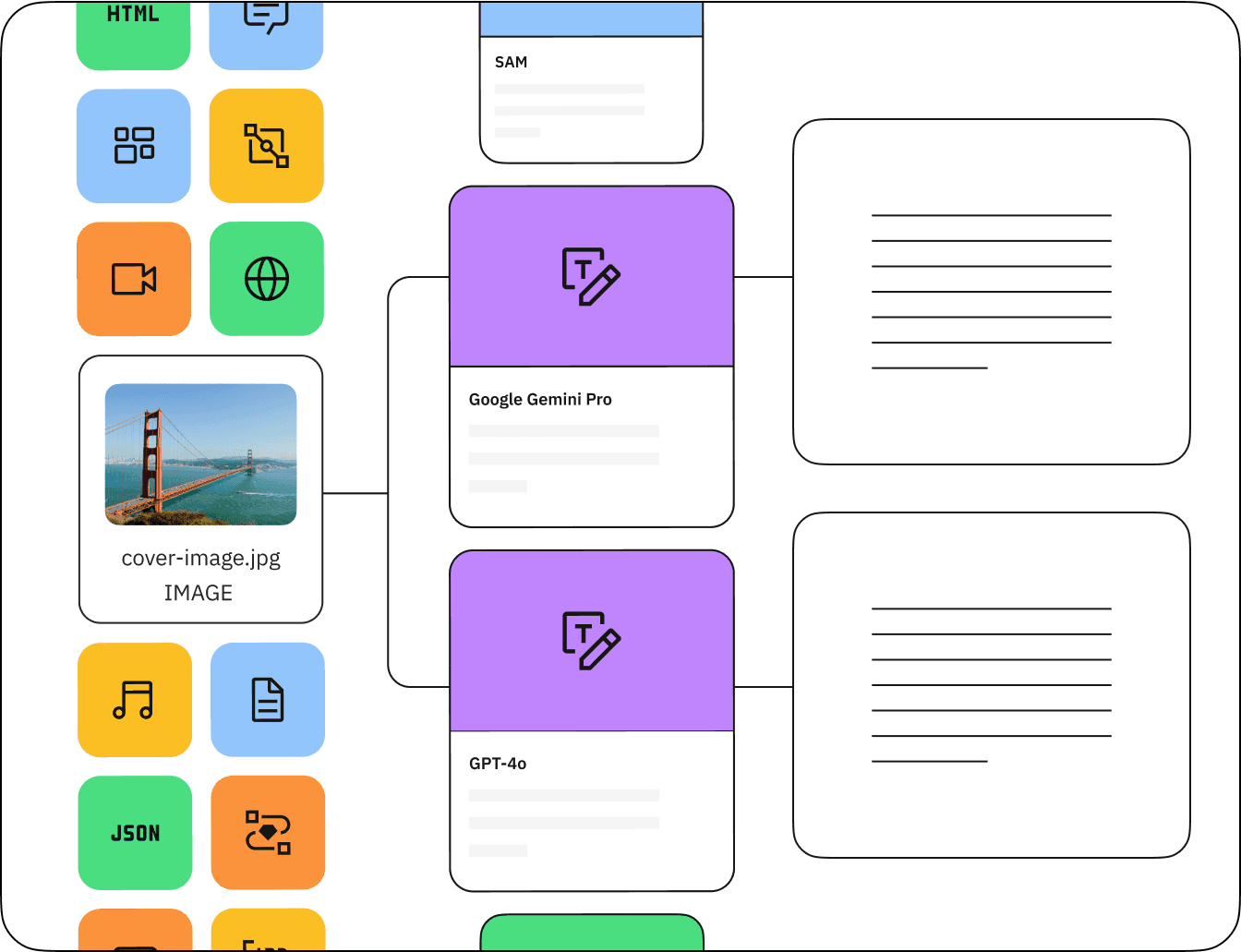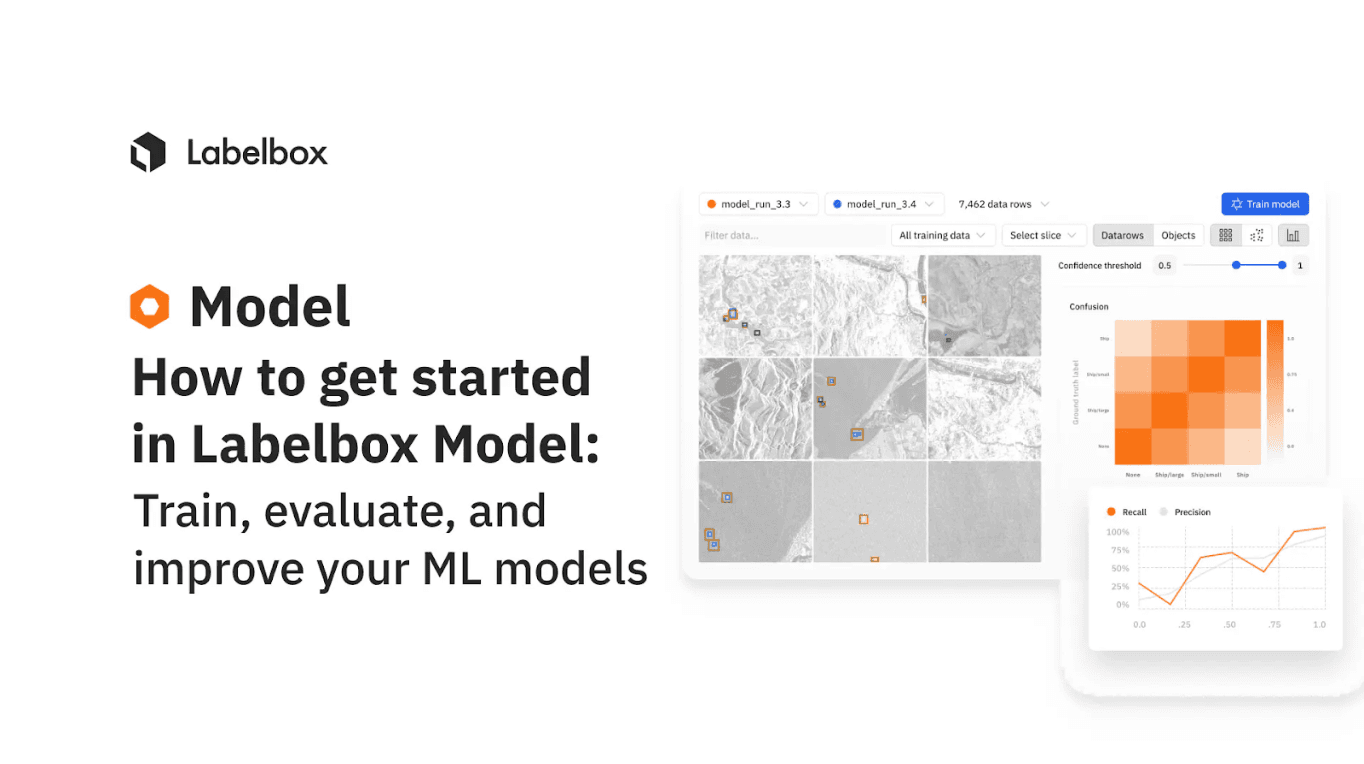Use case
Complex reasoning
Accelerate the development of AI that can think critically and solve the world’s most complex problems, from human-like understanding to advanced mathematics to sophisticated coding challenges.

Why Labelbox for complex reasoning
Increase data quality
Generate high-quality data by combining advanced tooling, humans, AI and on-demand services in a unified solution.
Accelerate time to value
Rapidly integrate data, create quality training data, and deploy models to production.
Access on-demand expertise
Highly-skilled labeling services, data science support, and industry insights available on-demand.
Collaborate in real-time
Enjoy direct access to internal and external labelers with real-time feedback on labels and quality via Labelbox platform.

Understanding complex reasoning
Complex reasoning is a paradigm shift in AI capabilities, enabling them to think critically, synthesize information, and execute multi-step plans. Developing this capability is a primary goal for frontier models, differentiating them from predecessors and paving the way for AI agents and more versatile AI systems.
The data challenge for advanced AI
Training AI models on complex reasoning requires a large, diverse dataset that captures the nuances of real-world scenarios and human decision-making processes. Without the right tools or experts, training data often misses key information and is unable to capture the logic behind each step of a complex decision.
Training complex reasoning with Labelbox
Labelbox empowers AI teams to train models that think, plan, and act intelligently. Our platform's flexibility and powerful annotation tools allow you to create tailored datasets that teach AI to understand natural language, set goals, reason through subtasks, and adapt to changing conditions.
Customer spotlight
A leading AI lab aimed to improve its large language model (LLM) for K-12 STEM education by identifying its weaknesses. Labelbox's Labeling Services, in collaboration with the Alignerr network, assembled a team of STEM experts with advanced degrees in fields like chemistry, biology, and engineering. These experts created multimodal prompts (text and image) and accurate answers to assess the model. Their work helped pinpoint the LLM’s limitations, enabling the lab to target areas for improvement.
Learn more



